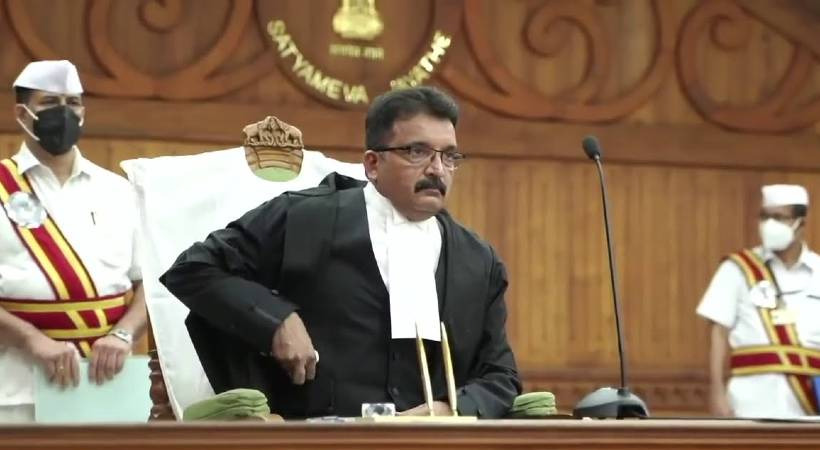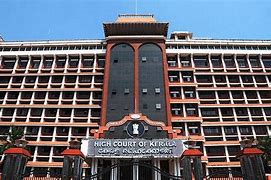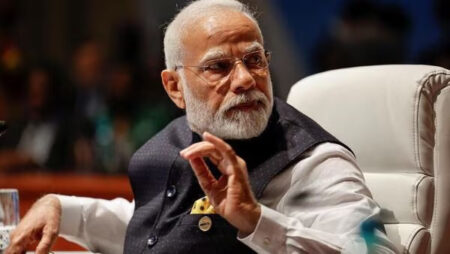“Every individual is entitled to the autonomy of his/her body – this is not selective on gender. But we often find this right is diluted or denied to the fairer sex,” the court said.
Kochi: The Kerala High Court stated on Monday that the fairer sex is frequently denied the right to autonomy over their bodies and that they are bullied, subjected to discrimination, isolated, and prosecuted for making decisions about their bodies and lives. The court was doing this while expelling a women’s rights advocate from a POCSO case.
A woman’s rights activist named Rehana Fathima was charged with violating several provisions of the POCSO, Juvenile Justice, and Information Technology (IT) Acts after sharing a video in which she was seen standing semi-naked for her young children and letting them paint on her body.
Justice Kauser Edappagath dismissed the 33-year-old activist from the case, stating that it was impossible for anyone to infer from the charges against her that her children were used for any actual or simulated sexual actions, let alone for the purpose of sexual enjoyment.
According to the court, she only permitted her children to use her body as a canvas for their artwork. “A woman’s fundamental right to equality and privacy rests on her ability to make autonomous decisions about her body. It also falls under the umbrella of liberty as secured by Article 21 of the Constitution,” it added.
The decision was made in response to Fathima’s appeal of a trial court ruling that had rejected her request to have the case dismissed. She had argued in her appeal to the high court that the body painting was intended as a political statement against society’s prejudice that a woman’s naked upper body is sexualized in all situations but a man’s upper body is not subject to this prejudice.
In agreement with her claims, Justice Edappagath stated that painting a mother’s upper body as part of an art project “cannot be defined as a real or simulated sexual act nor can it be said that the same was done for an ulterior motive of sexual satisfaction or with sexual intent”.

Justice Kauser Edippagath, Image Source: Live Law
According to the judge, it is “harsh” to characterize such “innocent artistic expression” as exploiting a child in a real or pretended sexual act. “There is no evidence to support the claim that the children were used in pornography. The video doesn’t contain any explicit content. The court ruled that painting on a person’s bare upper body cannot be considered a sexually explicit conduct, whether the individual is a male or a woman.
The prosecution claimed that the video was obscene and indecent because Fathima exposed her upper body in it. The court rejected the argument by stating that “nudity and obscenity are not always equivalent.” It said, “It is inaccurate to categorize nudity as fundamentally obscene, much alone indecent or immoral.”
The court emphasized that murals, statues, and works of art depicting deities in semi-nude in old temples and different public locations all over the country are deemed to be “holy” and that lower caste women in Kerala formerly fought for the right to cover their breasts.
Additionally, the prosecution had argued that the video violated moral standards held by the general public and would morally corrupt viewers. This argument was likewise rejected by the court, which noted that societal morality is essentially subjective. “Criminality and morality do not go hand in hand.” It was argued that not all morally unacceptable behavior is illegal.













